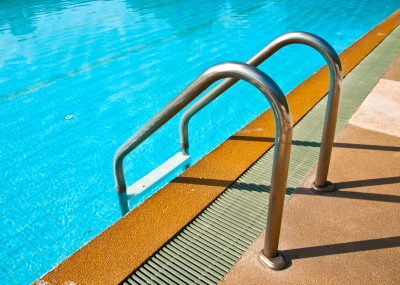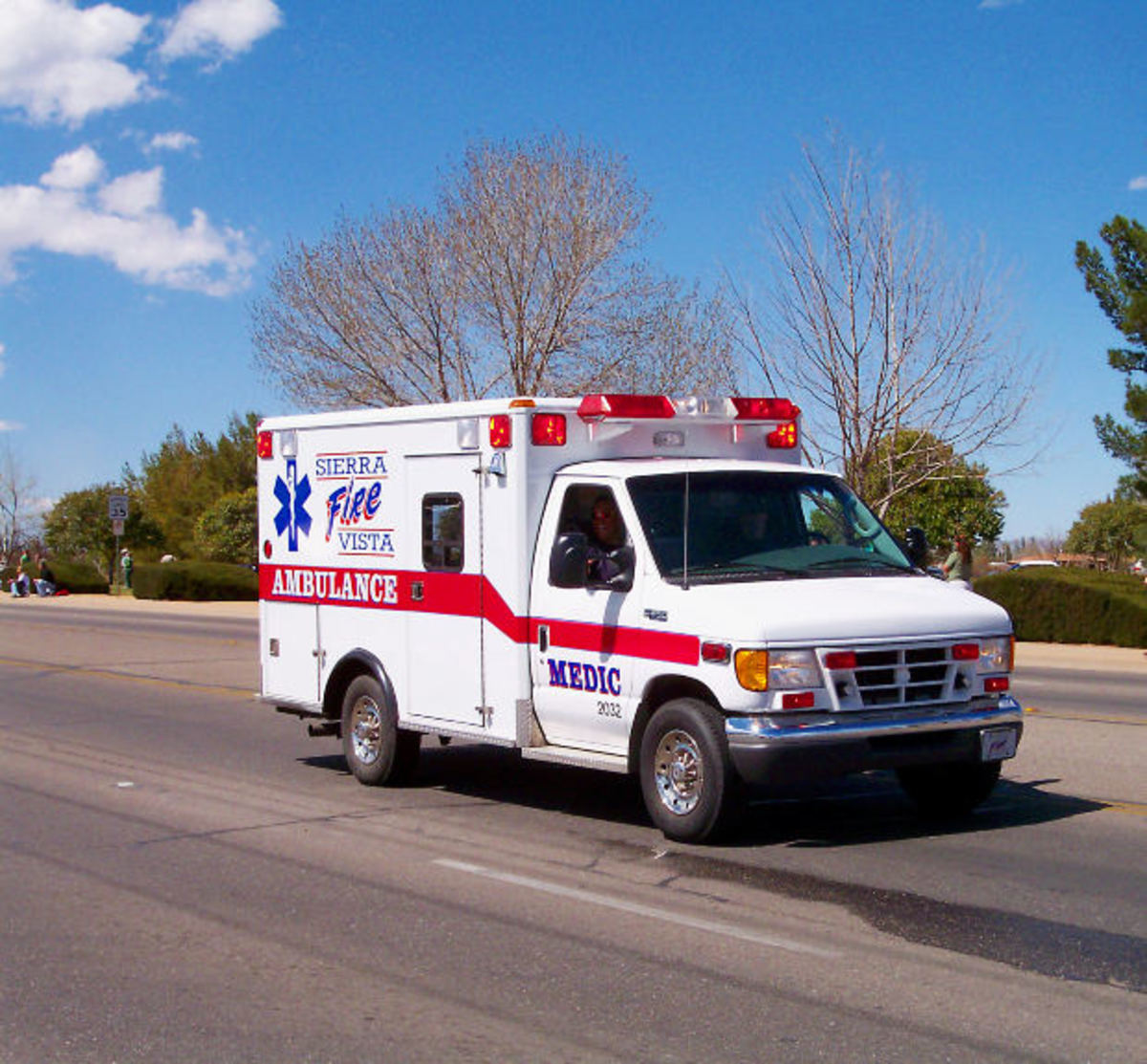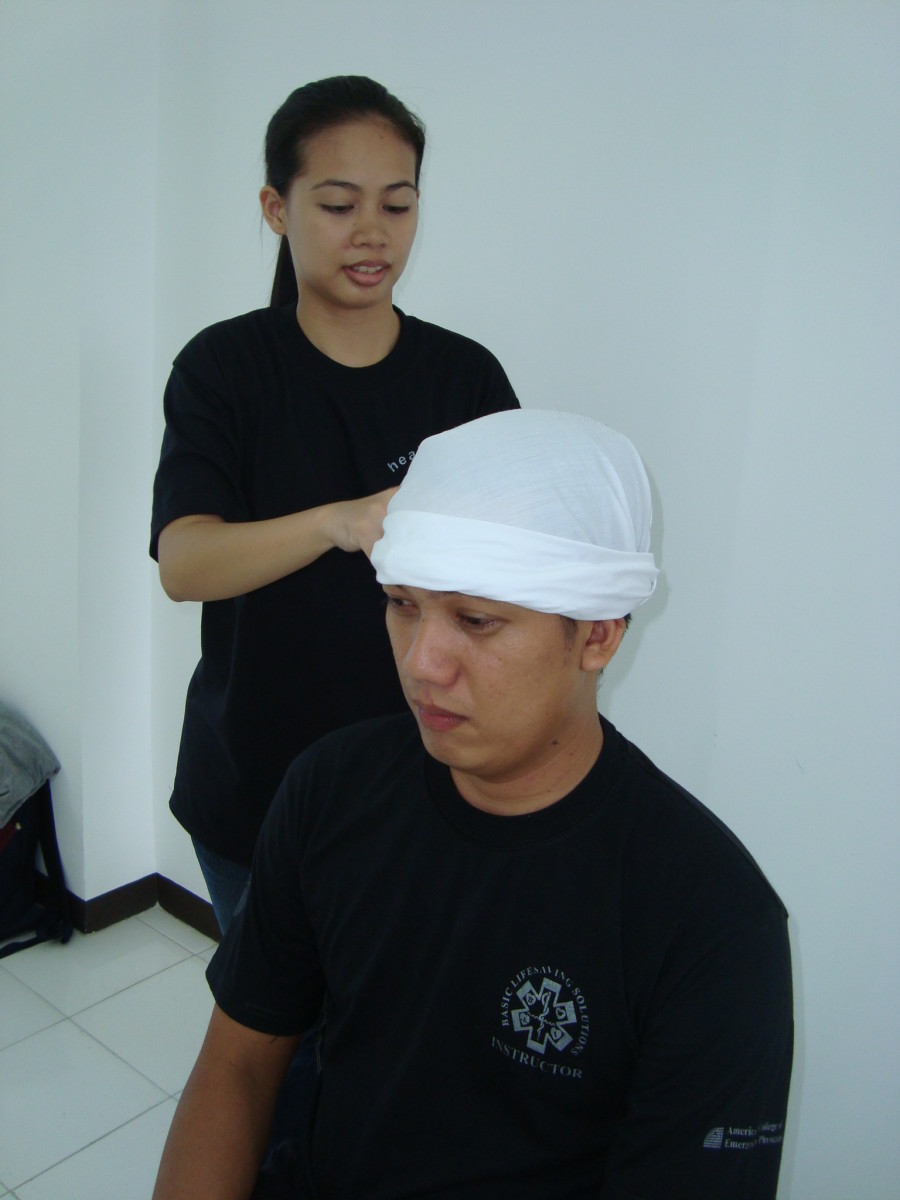Being A Lifeguard

The Lifeguard Course
Once you have decided to take up the noble endeavor of being a Lifeguard, you will have to become certified in CPR, First Aid as well as the numerous water safety rules and saving techniques. Depending on your ability (and the instructor), this course can range from fairly easy to very challenging. Here’s a few tips to help you survive:
Know the Requirements
If you are doing a basic pool lifeguarding course you will need to be able to do the following:
- Swim 300 yds (6 down-and-back laps in a 25yd pool) 100 yds freestyle (front crawl), 100 breast stoke and 100 of either.
- Be able to retrieve a 10lb rubber brick from the bottom of the pool and return it to the side in under 1min 40sec while keeping both hands on the brick
- Pass all written and practical exams
- At least 15 years old (If you're struggling with this one, there isn't much I can do...)
MEET the Requirements
- Ever swam a 300? Don’t assume you can. its tougher than it looks and it is quite embarrassing to do about two laps and have to get out and go home. Several of my compatriots on test day failed this part due to poor swimming ability while others failed because had no clue how to do the breaststroke.
- Practice, long before you take the class, if you can swim a 500 nonstop, a 300 should be no problem for you. Have someone who is a swimmer watch you to tell you what you're doing right and wrong. The Lifeguard on duty might be able to give you a few pointers as well.
- If you have a membership in the location in which the course will be taking place (often at your local YMCA with the American Red Cross), ask the lifeguard if you can borrow the rubber brick and practice retrieving it in the pool. It will definitely help you know what your up against. Try different kicks, when coming back, (I found the breast stroke kick most effective) and remember, you have to have your hands on the brick the WHOLE time.

The Course
Once you pass the prerequisites the hard(er) part begins. There is a fair bit of information to digest in a relatively short amount of time. Here’s a few tips for getting through the class work:
- Decide right away that your going to pay attention to the videos and read the course material. It drove my instructor crazy that several of the members of the class had no idea what was going when it was time to practice CPR because they hadn't read or paid attention in class.
- If you aren’t absolutely sure about something, ask! Tis better to get the info right in class, ‘cus nobody is there to tell you what to do on test day.
- Practice the rescue techniques as many times as you have the opportunity to do so in class, it never hurts to be over-prepared.
One last Tip...
One other handy hint- Stay on your instructors good side. My class had a bunch of kids who were horsing around a lot, blowing their whistles every half second and generally were disrespectful and obnoxious. By being quiet, polite and observant I was able to take my final right away, while the rest of the class had to come back an extra day just to finish the class. You don't have to be a teacher's pet, but being a good student also landed me a job at that instructor's pool the next week. Being a Lifeguard isn't hard, unless you really want it to be.



